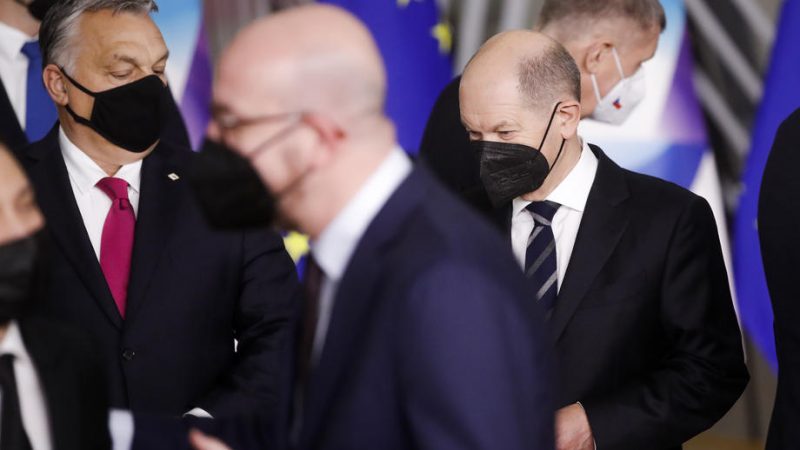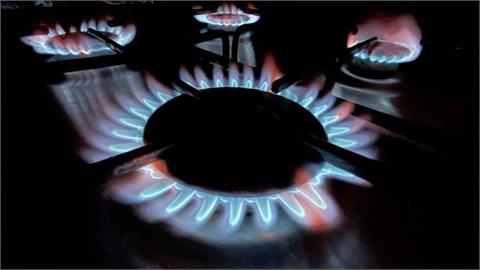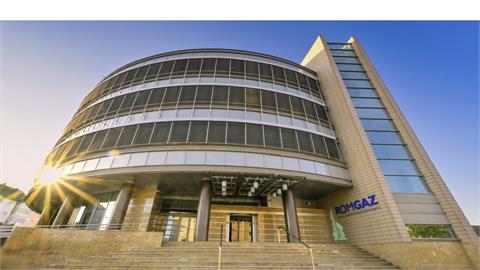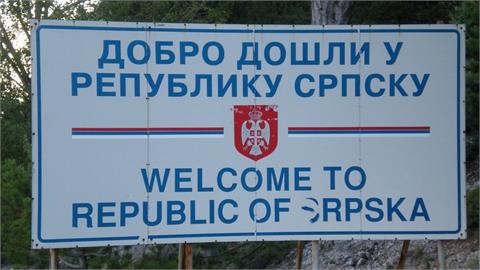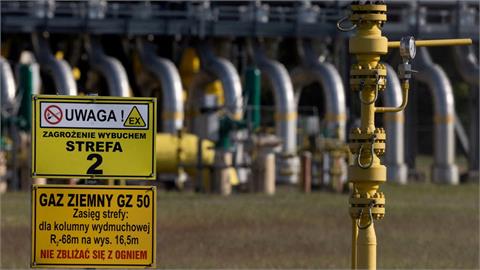by Alexandra Brzozowski, Oliver Noyan and Vlad Makszimov The two main opponents to a ban on Russian oil imports, Germany and Hungary, have softened their opposition to the move. EURACTIV looks at the options on the table and the state of play
The next package of EU sanctions against Russia in response to its invasion of Ukraine was expected to be presented to member states earlier this week, but is likely to be further delayed.
EU ambassadors have not yet discussed or even seen the sanctions package, which the European Commission’s foreign affairs chief Josep Borrell was expected to table by Wednesday (27 April), EURACTIV understands.
Kadri Simson, the EU’s Energy Commissioner, told reporters in Warsaw on Tuesday (26 April) that the sixth package of sanctions is expected “very soon”, though the exact date is yet to be confirmed.
According to several EU diplomats involved in preparatory talks, there has been no movement and envoys were cautious to predict an exact timing, with the more optimistic ones saying the proposal would be tabled “next week at the earliest”.
Meanwhile, Borrell said the topic will be discussed at the next EU summit due at the end of May and that he did not expect any final decision on the matter before then.
What could be in the package?
“It is difficult to predict when member states will agree on the sixth package, but the bottom line is that a blanket ban on oil and gas is not likely and such a proposal does not have 100% by all at this stage,” an EU official told EURACTIV.
Around half of Russia’s 4.7 million barrels per day of crude exports go to the EU. Europe gets roughly a third of its gross available energy from oil and petroleum products, in sectors from transportation to chemicals production.
Europe has paid Russia €14 billion for oil since the start of what Moscow calls a special military operation in Ukraine two months ago, according to research organisation the Centre for Research on Energy and Clean Air. Cutting them off would deprive Moscow of a major revenue stream.
Germany, Poland and the Netherlands are Europe’s biggest buyers of Russian oil.
The most straightforward measure to sanction Moscow would be a ban on oil imports, along the lines of the embargo imposed by the EU on Russian coal last month.
Instead of a full-blown embargo, the sanctions package might opt for ‘smart sanctions’, which could include a gradual phasing-out of Russian oil or imposing tariffs on exports beyond a certain price cap.
Sanctions could also be applied differently depending on how the oil is delivered, differentiating between oil imported via pipelines or tankers, EU diplomats say.
Estonian Prime Minister Kaja Kallas has called for an escrow account to be set up where some of the EU payments to Moscow for energy imports would be temporarily held. This means Russia could only access that money at a later stage or for set expenditures, such as for medical equipment or even payments to help rebuild damaged cities in Ukraine.
EU diplomats say it is unlikely that member states will opt for escrow since it would constitute a breach of oil contracts and risk Russia applying unilateral retaliatory measures such as cutting energy supplies to the bloc.
Beyond the oil embargo, the EU’s six sanctions package is also expected to target Russia’s banking sector, including the country’s largest bank, Sberbank, European Commission President Ursula von der Leyen had suggested.
The EU has so far spared Sberbank from previous sanctions rounds because it, along with Gazprombank, is one of the main channels for payments for Russian oil and gas, which EU countries have been buying despite the war in Ukraine.
Germany and Hungary soften their opposition
Ukraine and a range of EU member states, including Poland and the Baltics are meanwhile getting impatient for a ban on Russian oil and gas.
One diplomat from the region disgruntedly said that “the decision should be clear by now after our warning haven’t been heeded in the first place”. Any hesitation would make things worse in the long run, he added.
Italy, which previously opposed an immediate end to Russian gas supplies, is now calling for a cap on its price, which Rome believes will deprive Moscow of some of its resources.
Germany and Hungary have been the most vocal opponents of an immediate, full-blown ban on Russian oil amid fears that such action would badly damage their own economies.
When it comes to Germany, however, there could be movement.
After weeks of hard work, Germany has come “very, very close” to being able to rid itself entirely of Russian oil, Germany’s Climate and Economy Minister Robert Habeck said on Tuesday (27 April), suggesting the country could end its dependence on Moscow “within days”.
Russian oil currently accounts for only 12% of Germany’s supply.
Habeck was speaking to reporters during a visit to Poland for talks about energy security, to discuss, amongst other things, if oil refineries in eastern Germany could in part be supplied with shipments via the Polish port of Gdańsk.
Sources close to the matter said the talks are likely to have influenced a potential change in position when it comes to talks on the next sanction package.
Hungary, meanwhile, which at first vehemently opposed any talk of an energy embargo appears to also somewhat have softened its opposition.
According to Eurostat, in 2020 Hungary imported 44.6% of its oil from Russia.
Gergely Gulyás, the prime minister’s chief of staff, said last week that the Hungarian government “would like to see what proposals are on the table and whether these proposals include alternatives to substitute raw materials from Russia”.
While Gulyás wholly rejected the gas embargo as “pointless”, he said “the situation is not much better for oil, but there are slightly more alternatives”.
He pointed out that a conversion of the MOL oil refinery in Százhalombatta, Hungary, would take several months and cost hundreds of billions of forints.
It would be necessary to see where and in what quantities the EU could obtain the oil to replace the Russian blend, what the move will cost and “who will pay the price”, he said.
“We do not see this today, and without it, it is irresponsible to talk about sanctions in any other area,” he added.
Allowing the ban of Russian oil may also hurt Orbán’s domestic political goals.
To protect domestic consumers from the rising fuel prices, Hungary capped petrol prices last fall. The costs of the price freeze are currently divided between big players, small retail petrol stations and the government. The government provides some tax benefits and subsidies, while small stations are faced with covering their own operating costs.
A ban on Russian oil could heavily impact MOL’s ability to sustain the petrol price cap, to be later reviewed by the government but in force at least until 15 May.
(by euractiv.com, April 27, 2022)
